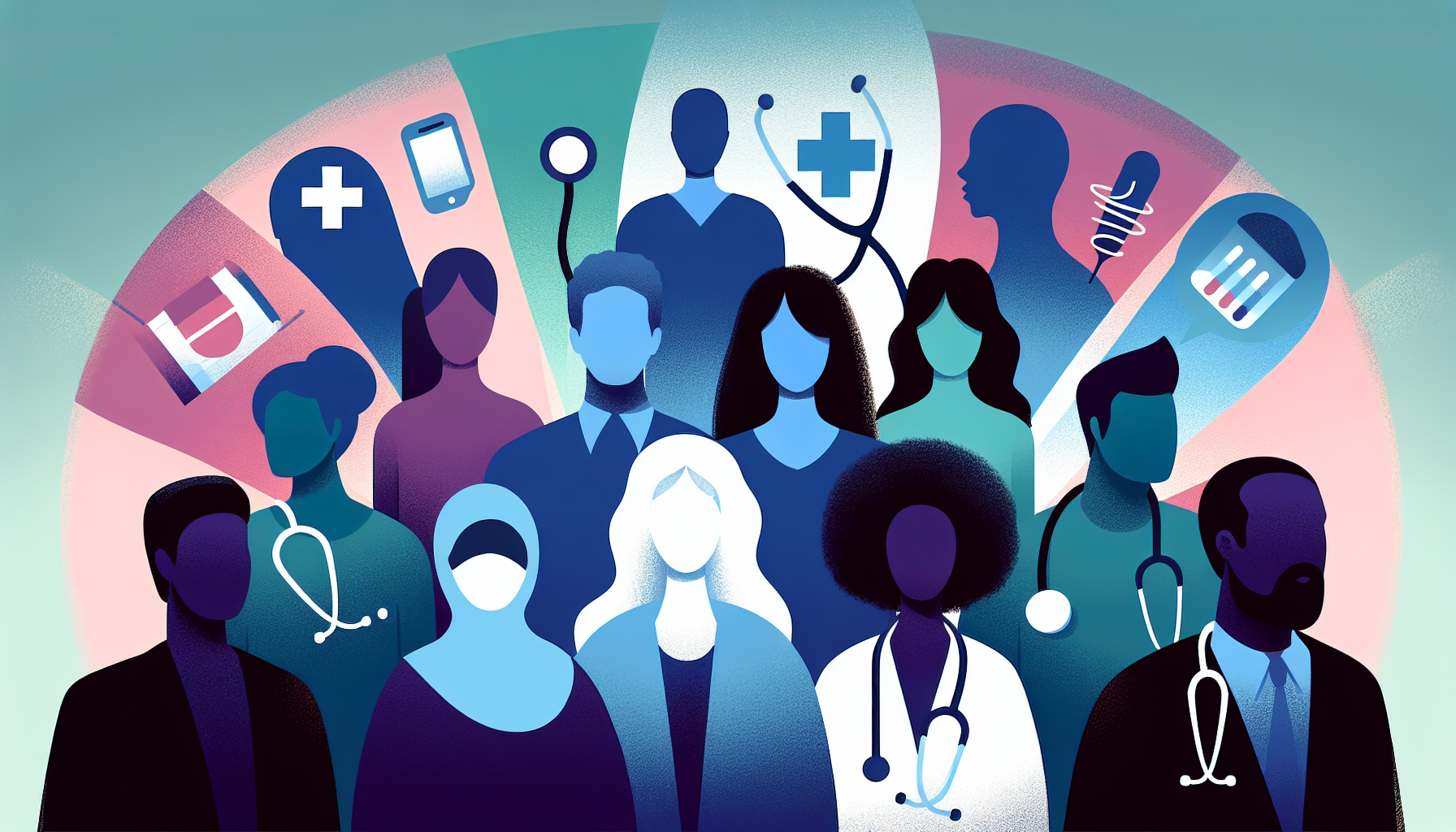Racism and discrimination have a significant impact on healthcare, leading to unequal treatment, health disparities, and poorer outcomes for minority patients. Despite the oath taken by doctors to treat all patients equally, racism remains ingrained in the healthcare system, affecting both patients and providers. This article explores the various forms of racism in healthcare and offers strategies for addressing and combating this critical issue.
The Impact of Racism on Patient Care
Studies have consistently shown that racial and ethnic minorities in the United States experience higher rates of illness, worse outcomes, and premature death compared to white patients. These health disparities stem from various factors, including:
Unequal access to quality education, healthy food, livable wages, and affordable housing
Implicit bias among healthcare providers, leading to subconscious prejudices that affect patient care
Structural racism deeply ingrained in the social, political, and economic structures of society
As a result, minority patients may receive inadequate care, face negative assumptions, and experience discrimination when seeking medical treatment.
Racism Directed Towards Healthcare Providers
Racism in healthcare not only affects patients but also targets providers. Doctors from minority backgrounds, such as those who are black, Muslim, Indian, or Jewish, have reported experiencing bigotry, harassment, and even attacks from patients. This discrimination can create a hostile work environment and hinder providers' ability to deliver quality care.
Strategies for Addressing Racism in Healthcare
Combating racism and discrimination in medicine requires a multi-faceted approach involving both patients and providers. Some key strategies include:
Recognizing, naming, and understanding racist attitudes and actions
Identifying and controlling implicit biases through self-reflection and education
Safely managing overt bigotry, learning from it, and educating others
Incorporating themes of diversity, equity, and inclusion into medical education and institutional policies
Practicing and modeling tolerance, respect, open-mindedness, and peace
By addressing racism at all levels - from the insidious structural racism to subconscious implicit bias and overt discrimination - healthcare providers and society as a whole can work towards ensuring equal treatment and care for all patients.
A Call to Action
The fight against racism and discrimination in healthcare is a shared responsibility. As Dr. Altaf Saadi, a Muslim-American physician, states, "We as physicians and society more generally must realize that the struggles of one marginalized community are struggles of all of us." By standing together, providers and patients can create a more equitable and just healthcare system for all.
For more information on racism in healthcare and how to address it, visit:
The Bottom Line
Healthcare disparities result in measurably worse outcomes for racial minorities through documented bias in pain management, diagnosis, and treatment decisions. Bringing advocates to appointments, seeking second opinions, and choosing diverse providers when possible can help mitigate discriminatory treatment. If you're experiencing concerning symptoms that aren't being taken seriously, Doctronic can provide quick answers and help you advocate for appropriate care.



